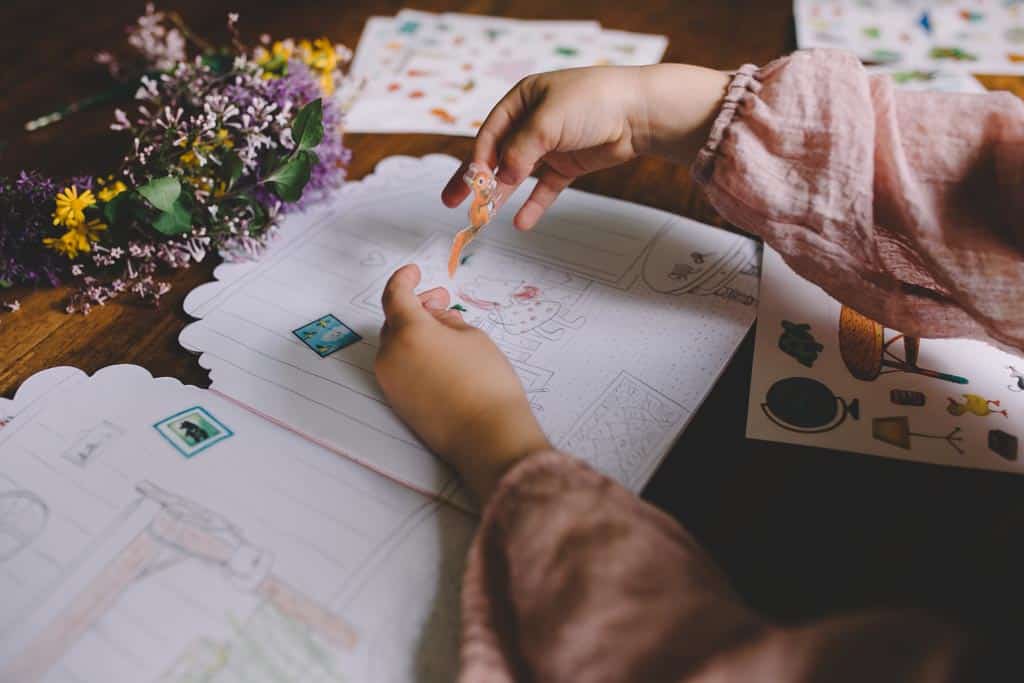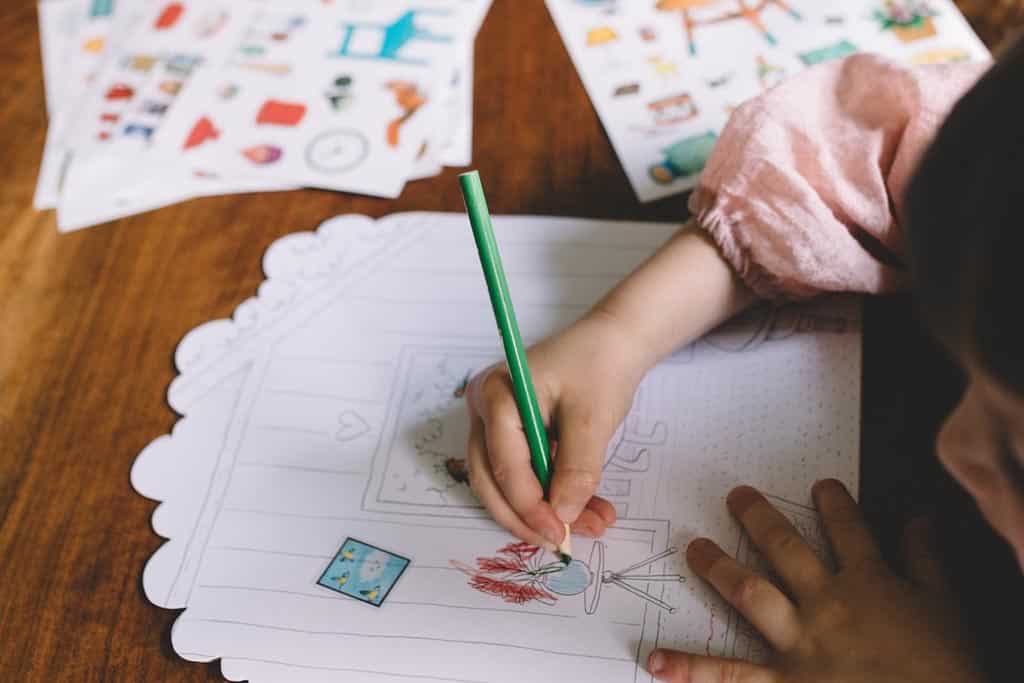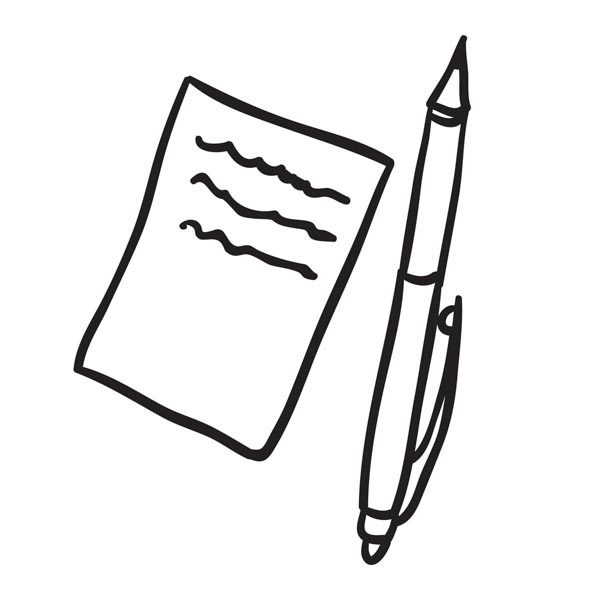Flashcards have a bad reputation. There are even books about it (Einstein Never Used Flashcards – a good read, btw!) They epitomise pushy parenting.
But showing flashcards to a toddler in an attempt to turn them into a genius at the expense of creative play is very different from using them with a four- or five-year-old who knows most of the alphabet, for example, but still mixes up b/d and p/q.
If you’ve ever tried to memorise something, from French vocabulary to the main points of a speech, flashcards can be invaluable. It’s easy to discredit them as they are shorthand for a certain type of parenting, but don’t throw the baby out with the bathwater.
Flashcards work because of the link between repetition and memorisation. See something often enough and you will remember it. This technique works especially well when you need to discriminate small differences, such as between the numbers ‘6’ and ‘9’.
However, that doesn’t mean that repetition is the best way to learn. Learning and memorisation are not the same. Both are necessary, and interdependent, but are achieved in different ways. You can memorise the alphabet through repetition, but learning contains an element of discovery and experimentation. Flashcards can’t teach you how to write a story or tie your shoelaces.
Four ways to use flashcards with five-year-olds:
- Letter names
- Letter sounds
- Numbers
- To build up a sight vocabulary
In short, use flashcards where you need instant recall with 100% accuracy. Use them for a short period and, as always, keep it fun. If you can turn something into a game, the learning becomes effortless.
And if you can do it using a puppet, even better. Children like nothing more than correcting a puppet who always gets it wrong, like the ones entertainers use at parties.
Are you ready for school?
Do you have a preschooler? Would you like them to develop some key skills before starting school? How wonderful to go into school on that first day feeling like you belong.
Get Set Five is a year-long course full of fun and free activities to do with your child.




